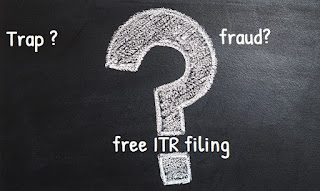Maharashtra State List of Holidays 2024

The Government of Maharashtra has published the State List of Holidays for the year 2024 -In exercise of the powers of Central Government under section 25 of the Negotiable Instruments Act, 1881 (XXVI of 1881) entrusted to it by the Government of India, Ministry of Home Affairs vide its Notification No.39/I/68/JUDI-III, dated the 8th May, 1968, the Government of Maharashtra hereby declares the following days as Public Holidays in the State of Maharashtra during the calendar year 2024: Sr.No. Holiday Date Saka Date Day 1 Republic Day 26th January 2024 6 Magh, 1945 Friday 2 Chhatrapati Shivaji Maharaj Jayanti 19th February 2024 30 Magh, 1945 Monday 3 Mahashivratri 8th March 2024 18 Phalguna, 1945 Friday 4 Holi (Second Day) 25th March 2024 05 Chaitra, 1946 Monday 5 Good Friday 29th March 2024 09 Chaitra, 1946 Friday 6 Gudhi Padwa 9th April 2024 20 Chaitra, 1946 Tuesday 7 Ramzan-Id (Id-Ul-Fitr) (Shawal-1) 11th April 2024 22 Chait
















